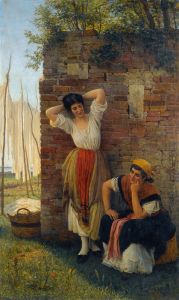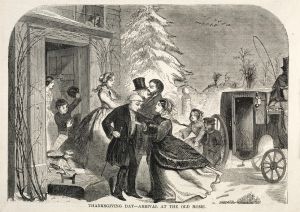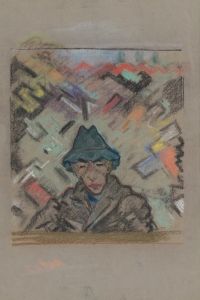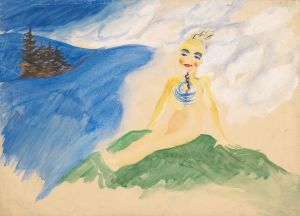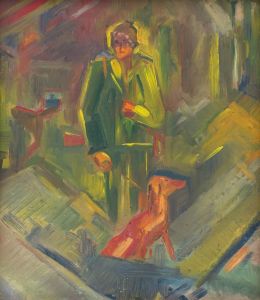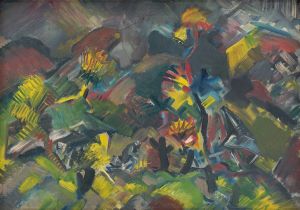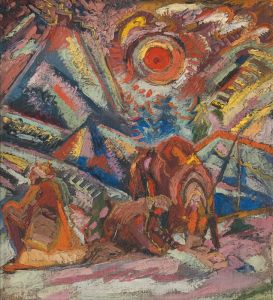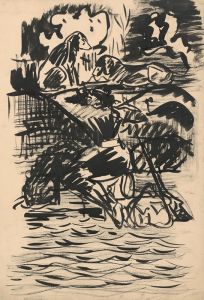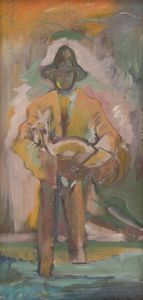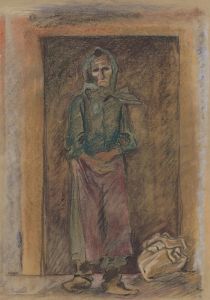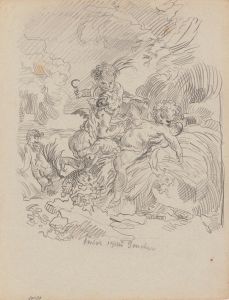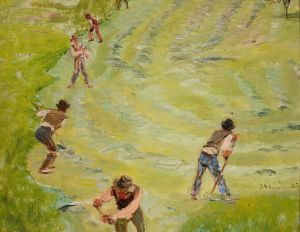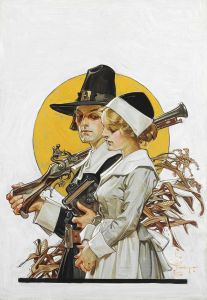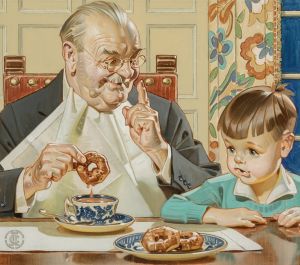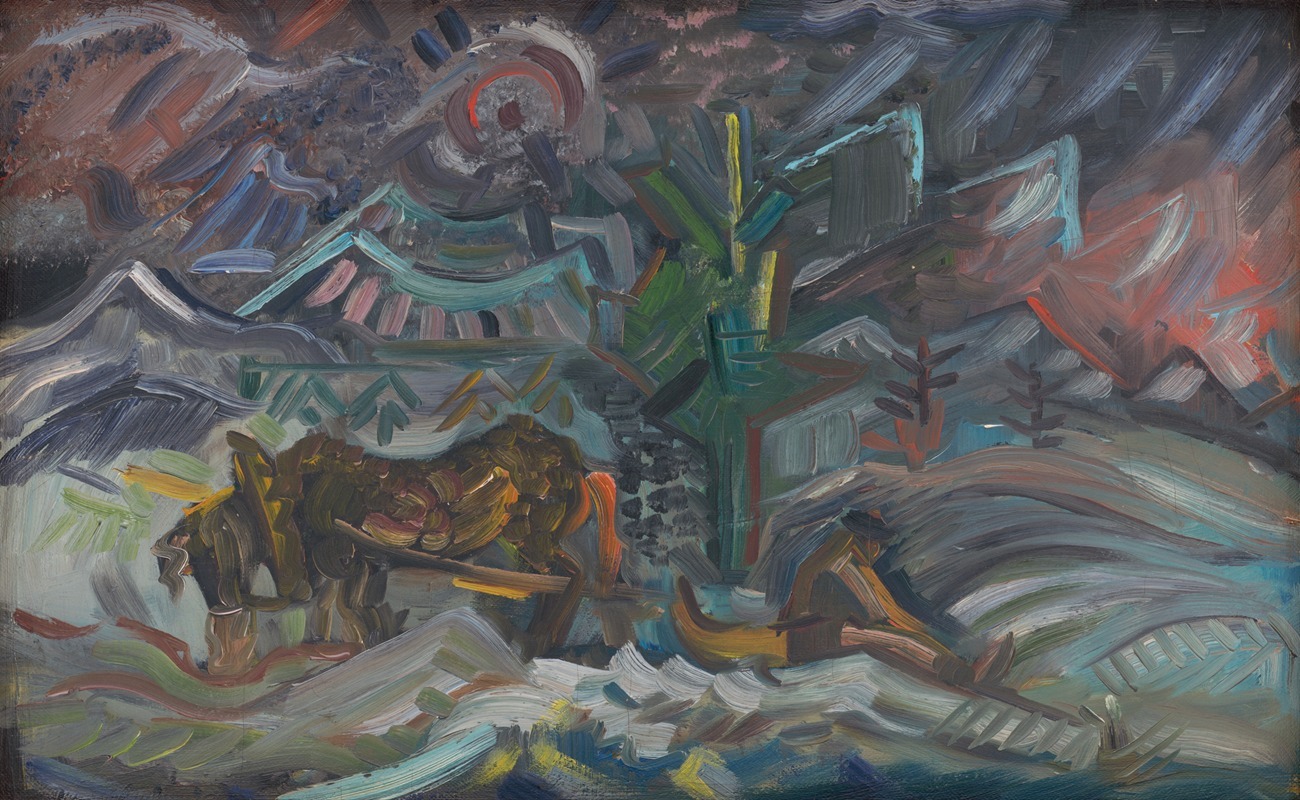
Resting Farmers
A hand-painted replica of Arnold Peter Weisz-Kubínčan’s masterpiece Resting Farmers, meticulously crafted by professional artists to capture the true essence of the original. Each piece is created with museum-quality canvas and rare mineral pigments, carefully painted by experienced artists with delicate brushstrokes and rich, layered colors to perfectly recreate the texture of the original artwork. Unlike machine-printed reproductions, this hand-painted version brings the painting to life, infused with the artist’s emotions and skill in every stroke. Whether for personal collection or home decoration, it instantly elevates the artistic atmosphere of any space.
Arnold Peter Weisz-Kubínčan was a Slovak painter known for his contributions to modern art in the early 20th century. One of his notable works is "Resting Farmers," which captures a moment of respite for agricultural workers. This painting is a testament to Weisz-Kubínčan's ability to depict everyday life with a sense of realism and empathy.
"Resting Farmers" portrays a group of farmers taking a break from their labor. The scene is set in a rural landscape, typical of the Slovak countryside, where the artist spent much of his life. The composition of the painting is balanced, with the figures of the farmers arranged in a way that draws the viewer's eye across the canvas. The use of light and shadow in the painting highlights the physical exhaustion of the farmers, while also emphasizing the tranquility of their rest.
Weisz-Kubínčan's style in "Resting Farmers" reflects his broader artistic approach, which often combined elements of realism with a modernist sensibility. His brushwork is both precise and expressive, capturing the textures of the farmers' clothing and the surrounding landscape. The color palette is earthy and muted, reinforcing the natural setting and the humble lives of the subjects.
The painting is significant not only for its artistic qualities but also for its social commentary. By focusing on the lives of farmers, Weisz-Kubínčan highlights the importance of agricultural labor and the dignity of the workers who perform it. This theme is consistent with the artist's broader body of work, which frequently explored the lives of ordinary people and the social issues of his time.
Arnold Peter Weisz-Kubínčan was born in 1898 in Dolný Kubín, a town in what is now Slovakia. He studied at the Academy of Fine Arts in Budapest and later in Prague, where he was influenced by the modernist movements of the early 20th century. His work often reflected the social and political upheavals of his era, including the impact of World War I and the changing landscape of Central Europe.
Throughout his career, Weisz-Kubínčan exhibited his work in various European cities, gaining recognition for his unique artistic voice. However, his life and career were tragically cut short during World War II. As a Jewish artist, he faced persecution under the Nazi regime and was ultimately deported to a concentration camp, where he died in 1944.
Despite the brevity of his career, Weisz-Kubínčan left a lasting legacy through his paintings, which continue to be celebrated for their emotional depth and social relevance. "Resting Farmers" remains one of his most poignant works, offering a glimpse into the lives of rural workers and the artist's compassionate perspective on human labor and resilience.
Today, Weisz-Kubínčan's work is held in various collections, including museums and galleries in Slovakia and beyond. "Resting Farmers" serves as a powerful reminder of the artist's talent and the enduring relevance of his themes.





